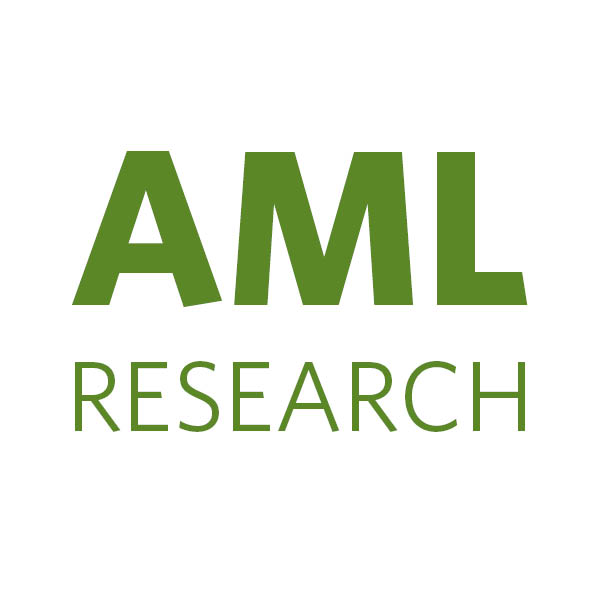
The team, led by Dr. Robert Arceci, medical director of the Center for Cancer and Blood Disorders at Phoenix Children’s, has identified important changes in AML that can be exploited to develop more effective and less toxic treatments using new types of drugs.
“Our hope is to change the manner in which treatments are used and tested so that they target the complex changes that are responsible for driving the leukemia,” Dr. Arceci explains. “We will apply a computer-based learning approach to improve our understanding of why some forms of leukemia respond to treatments and others do not, thus leading to a continuous improvement of our ability to more effectively treat patients.”
Dr. Arceci also serves as co-director of the Ronald A. Matricaria Institute of Molecular Medicine at Phoenix Children’s Hospital, a collaboration with Translational Genomics Institute and University of Arizona College of Medicine-Phoenix dedicated to unlocking genetic codes and developing drug therapies in real time to improve the outcome for thousands of young patients diagnosed with cancer.
Learn more about the 2013 Summer Grants.

 SBF
Tweets »
SBF
Tweets »